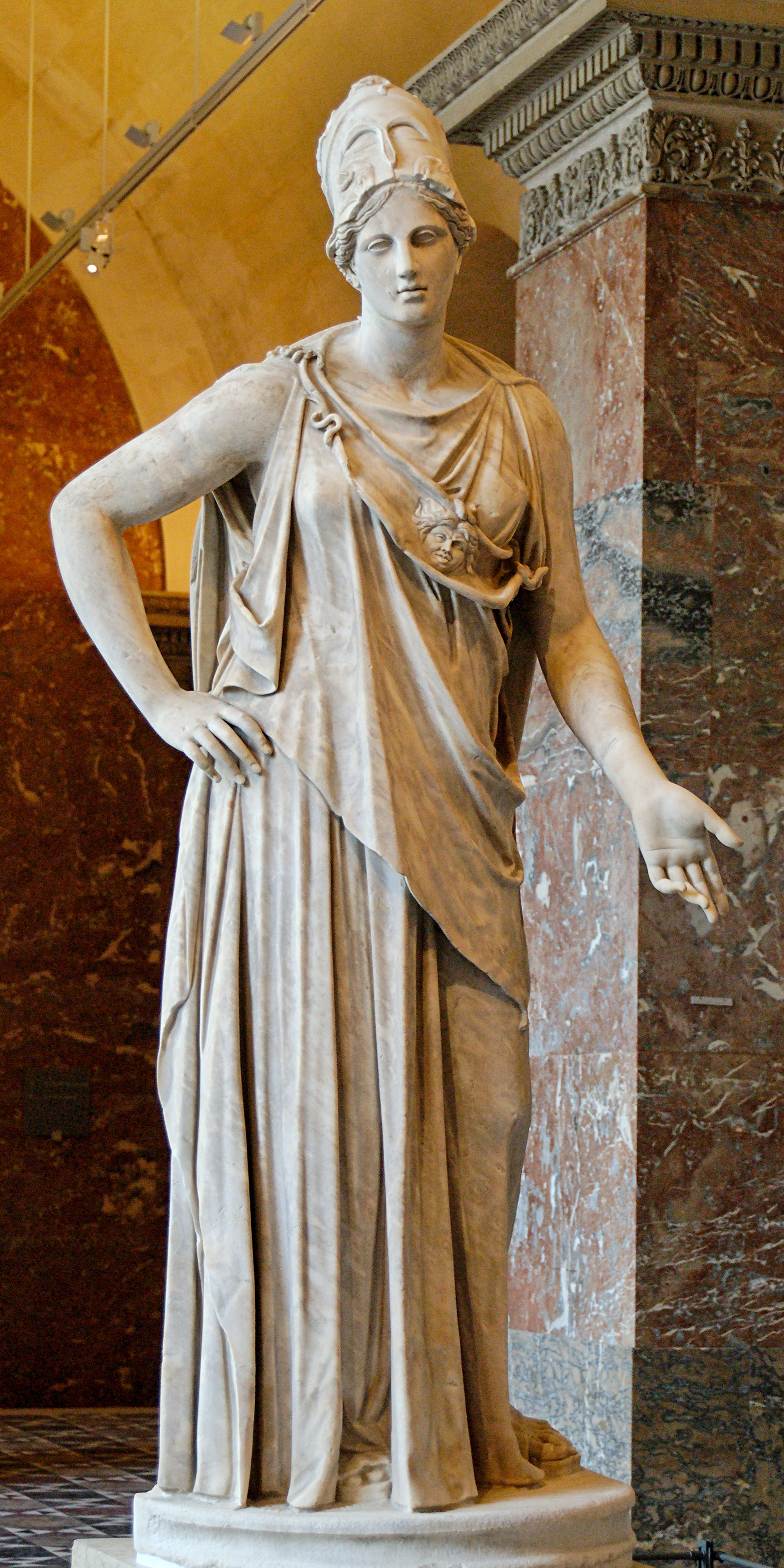The blog to end all blogs. Reviews and comments about all and everything. This blog is NOT affiliated with YouTube, Wikipedia, Microsoft Bing, Gemini, ChatGPT or any commercial vendor! Links don´t imply endorsement. Many posts and comments are ironic. The blogger is not responsible for comments made by others. The languages used are English and Swedish. Content warning: Essentially everything.
Saturday, August 11, 2018
Black Athena down, but not completely out
"Black Athena Revisited" is a polemic against Martin Bernal's controversial bestseller "Black Athena" (volumes 1 and 2). In that work, Bernal extended a friendly hand to Afro-centrists, claiming that the ancient Egyptians were Black Africans, and that ancient Greece was decisively influenced by these Blacks. Bernal also claimed that West Semitic cultures heavily influenced Greece.
Such a claim, with its obvious political connotations, simply couldn't go unchallenged. Mary Lefkowitz became the prime critic of Bernal, with her provocatively titled book "Not Out of Africa". "Black Athena Revisited" is a more extensive anthology dealing with the same subject. If you're interested in the controversy, you might also want to buy "Black Athena Writes Back", Bernal's response to "Black Athena Revisited".
In my opinion, "Black Athena Revisited" is a very mixed bag. Some contributions are very good, pinpointing various weak or even absurd points in Bernal's works. But some others are surprisingly weak or over-dogmatic. In fact, I was somewhat surprised by the fact, that the case against Bernal wasn't even stronger.
First, some of the strong points. Jasanoff and Nussbaum sternly criticize Bernal's attempts to prove that the Greek language is heavily Egyptian. The reason why linguists believe in firm laws of language development, is that they seem to be confirmed by ancient documents unearthed by archeologists. Bernal's attempts to rebuff Jasanoff and Nussbaum in "Black Athena Writes Back" are therefore unconvincing. John Baines points out that Bernal's infatuation with Greece is itself a social and ideological construct. Why should Greece be placed on a pedestal compared to Near East civilizations? Ironically, Bernal accepts the "Euro-centrist" position that ancient Athens was the cradle of the West. He "only" wants to prove, that the cradle of Athens was Black Africa. Robert Palter engages the notion that Egyptian science was very sophisticated, claiming that Babylonian and Greek science was much better. Personally, I think the jury is still out on this one: I find it difficult to believe that the Egyptians, who build the pyramids, didn't have advanced mathematical and astronomical knowledge. Yet, Palter is probably right that the documentary evidence so far doesn't bear this out. The jury's still deliberating.
The most interesting article in the anthology is written by Frank Yurco. He actually concedes some of Bernal's points. To Yurco, Egypt was essentially African. Also, he points out that the East Mediterranean was a cosmopolitan place during the Bronze Age, with criss-crossing cultural influences. One aspect not mentioned by Yurco, but well worth mentioning, concerns Bronze Age stone carvings from Scandinavia. They look like a bewildering maze of Egyptian, Minoan, Greek and Cypriot art! The only possible explanation is that Bronze Age Scandinavia was indeed influenced by a cosmopolitan East Mediterranean culture, probably through the Amber Road. But then, the claim that Mycenean Greece was somewhat "Oriental" is not as controversial as Bernal's other claim, that even Classical Greece was heavily indebted to Black Egypt.
And now the shortcomings. Perhaps inevitably, many of the contributors have a real problem tackling the racial issues. They emphasize that the very concept "Black African" (especially in its essentialist Afro-centrist version) is modern. The ancient Egyptians certainly didn't think of themselves as "Black Africans" in this sense. Fair enough. But the very same contributors have no problem calling the Nubians "Black Africans"! Ooops... Why not? Perhaps because the Nubians were...well, Black Africans. What else to call them? C. Loring Brace is particularly problematic. He points out that the skulls of ancient Egyptians are closer to the Near Eastern type than to the Central African type. Perhaps, but so are the skulls of the Nubians, whom everyone calls "Black African"!
I don't deny that concepts like "Black" or "White" are ultimately social constructs, that we are dealing with "clusters" rather than "races" etc. But let's be serious for a while. As a convinient short-hand, it's difficult not to use the term "European" when describing European history. Likewise with the term "Black African". The ancient Egyptians originated in Africa, their language originated in Africa, and their culture is somehow connected to more ancient pastoralist cultures in Africa. And, for all we know, they were more dark-skinned than Semites and Indo-Europeans. When all is said and done, it's difficult not to call them "African" in the same sense as we call both Russians, Swedes, Welshmen, Bulgarians and Italians "European". Why is it so important to deconstruct the Africanity of people living north of the First Cataract, but unimportant to do so when they live south of it? Are we to believe that the border between Upper Egypt and Kush was some kind of cultural and racial Chinese Wall? This points to a serious ideological problem in the established paradigm.
Did ancient Egypt have a formative and decisive influence on Classical Greece? Maybe, maybe not. Has the Africanity of Pharaonic civilization been down-played? Probably yes.
I give this book three stars out of five. That awful woman boxer Black Athena may be down for counting. But she's not out yet. She may still have some tricks up her sleeve... Or gloves.
Labels:
Afro-centrism,
Archaeology,
Egypt,
Greece,
United States
Subscribe to:
Post Comments (Atom)

No comments:
Post a Comment